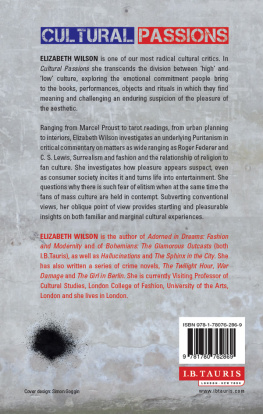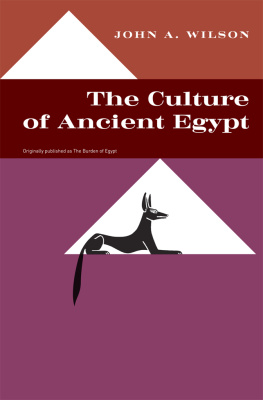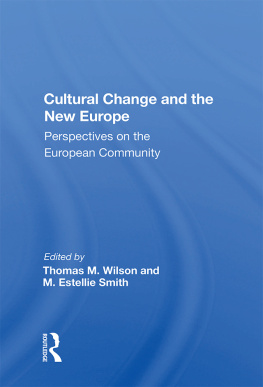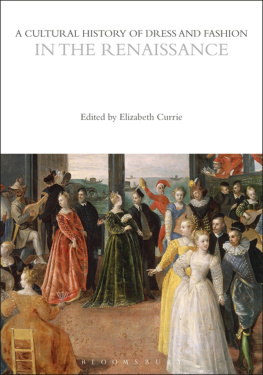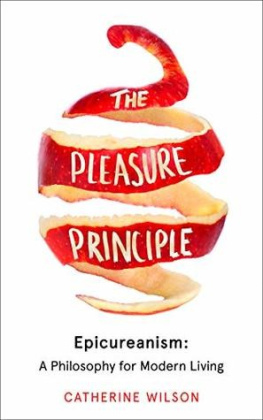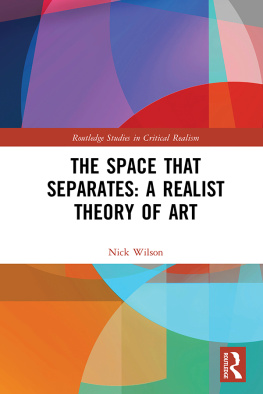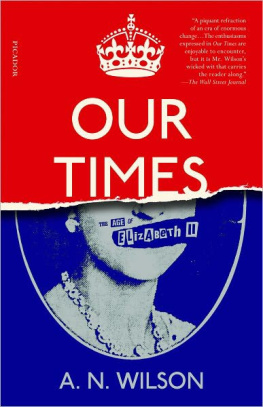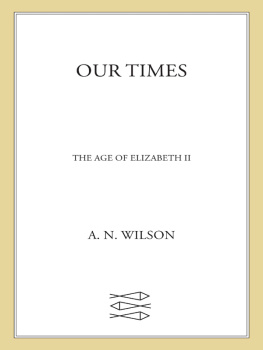Elizabeth Wilson is the author of Adorned in Dreams: Fashion and Modernity and Bohemians: The Glamorous Outcasts (both I.B.Tauris), as well as Hallucinations and The Sphinx in the City. She has also published a series of crime novels, The Twilight Hour, War Damage and The Girl in Berlin. She is currently Visiting Professor of Cultural Studies, London College of Fashion, University of the Arts, London, and she lives in London.

Published in 2013 by I.B.Tauris & Co Ltd
6 Salem Road, London W2 4BU
175 Fifth Avenue, New York NY 10010
www.ibtauris.com
Distributed in the United States and Canada Exclusively by Palgrave Macmillan
175 Fifth Avenue, New York NY 10010
Copyright 2013 Elizabeth Wilson
The right of Elizabeth Wilson to be identified as the author of this work has been
asserted by her in accordance with the Copyright, Designs and Patents Act 1988.
All rights reserved. Except for brief quotations in a review, this book, or any
part thereof, may not be reproduced, stored in or introduced into a retrieval
system, or transmitted, in any form or by any means, electronic, mechanical,
photocopying, recording or otherwise, without the prior written permission of
the publisher.
ISBN | 978 1 78076 285 2 (HB) |
978 1 78076 286 9 (PB) |
eISBN: | 978 0 85773 358 0 |
A full CIP record for this book is available from the British Library
A full CIP record is available from the Library of Congress
Library of Congress Catalog Card Number: available
At the root of this sacred rite we recognise unmistakably the imperishable need of man to live in beauty. There is no satisfying this need save in play.
JOHAN HUIZINGA: HOMO LUDENS
Criticism should confine itself to scholarly incursions upon the very realm supposedly barred to it, and which, separate from the work, is a realm where the authors personality, victimised by the petty events of daily life, expresses itself quite freely.
ANDR BRETON: NADJA
Contents
Illustrations
(Images are authors own unless otherwise stated)
The Roman theatre at Orange in the eighteenth century |
Today the Roman theatre is once again the arena for opera and other spectacles |
The Swing, painted by Jean-Honor Fragonard Reproduced by kind permission of the Trustees of the Wallace Collection, London |
My mother in sailor dress c.1917 |
Clone dressing |
Clone dressing |
Charity shops reinvent themselves as fashion boutiques to entice the fashion frugalettes |
DIY ad re-imagined as gay seduction |
Clement Atlee lost in Limehouse, 2007 |
Tarot reader after Brassai |
Prousts hotel in Cabourg, 1990 |
Evocation of Prousts bedroom in Muse Carnavalet, Paris |
Federer, simply the best |
Federer, off to Valhalla |
PART ONE
Cultural Diseases
The Roman theatre in Orange with its towering back wall of ochre stone, the only one to survive in Europe, was once an entertainment centre for the flourishing colonial colonies of southern France. I sat on the top row, where the rabble used to sit, and listened as the disembodied voice from the audio guide told me that at first the Romans had followed the Greeks and Etruscans, performing serious drama, but later they grew tired of tragedies, preferring jugglers, clowns and gymnasts. Later still, the shows were devoted entirely to pornographic displays, until the early Christians came along, smashed up the theatres and banned all secular entertainment. Distant in time though these events might be, they seemed tellingly to prefigure a possible future for contemporary culture. As pornography floods the internet and celebrity culture swamps the global media, perhaps it is only a matter of time before Evangelicals or Islamists bring a decaying Western culture crashing to the end it deserves.
Late Roman culture was in fact by no means entirely given over to trash any more than is our own. After the Romans, with their mosaic flooring, central heating and vineyards, left Britain, the island took 500 years to recover. Today, innovative culture and learning flourish in all sorts of places. Religious fundamentalists have certainly denounced contemporary Western consumer societies as decadent. However, a society is not a single organic entity like a vegetable marrow, but is a complex conglomeration of multiple systems and formations. Some may be flourishing, others in decay. Sometimes new forms grow from the dead, just as the florid vitality of a cemeterys ivies and flowers draws nourishment from human remains. Contemporary culture is diverse and contradictory, yet even if the Western world avoids being plunged into a new dark ages in the near future, a sense of anxiety and melancholy pervades cultural comment. Pundits and politicians alike view the society of consumption with ambivalence.
Consumption was a vernacular nineteenth-century term for tuberculosis, then an incurable wasting disease. It would be tempting to suggest that we do in that sense live in a society suffering from consumption. The individual suffering from consumption experienced periods of exaltation and sometimes creativity. John Keats and Emily Bront owed the intensity of their writing in part to their fatal illness.
By the time they were writing, markets were already developing for the commercial provision of the arts and entertainment industries. This produced a division between what came to be seen as high art and mass culture. That division continues to set the terms of cultural debate.
In the following chapters, I focus on the emotional commitment audiences and users bring to the objects of their desire and to the performances in which they find meaning. By focusing on this, I hope to transcend the division between high and low. In practice, the tastes of many, perhaps the majority of individuals, do cross this boundary, yet the division between high and low culture continues to set the terms of debate.

The Roman theatre at Orange in the eighteenth century.

Today the Roman theatre is once again the arena for opera and other spectacles.
This divide has always been moral and political as well as aesthetic. Two well-established positions set the parameters. On one side stand those who bewail the dumbing down of culture. This was the position taken by Frank Furedi in his Where Have All the Intellectuals Gone?, published in 2004. Furedi argued that the role of the intellectual and respect for the figure of the intellectual have been undermined as education has been transformed from a search for truth to a managerial training. Students are to be inducted into a role in which they will not question the utilitarian status quo the idea, for example, that the chief goal of society is economic expansion. Furedi further argued that contemporary society is characterised by a deep philistinism a philistine being an individual devoid of liberal culture and whose interests are material and commonplace. He illustrated this philistinism with the words of former British education minister, Charles Clarke, who expressed the opinion that the teaching of history and indeed any sort of education for educations sake was a bit dodgy. Furthermore, suggested Furedi, democracy in the allegedly democratic societies is little more than a faade masking deep social inequalities. This faade is partly created precisely by the philistine and supposedly anti-elitist suspicion of the pursuit of learning, and includes a preference for mass culture over high art. Traditional high art is also, after all, a bit dodgy.
Next page
